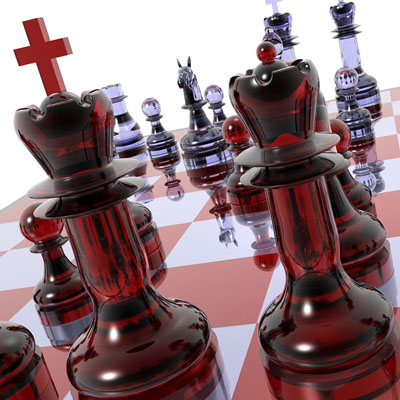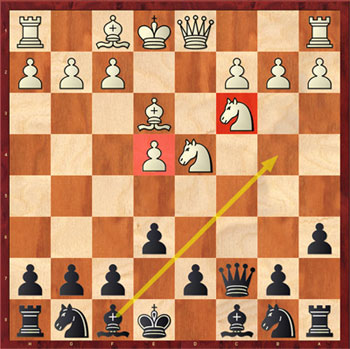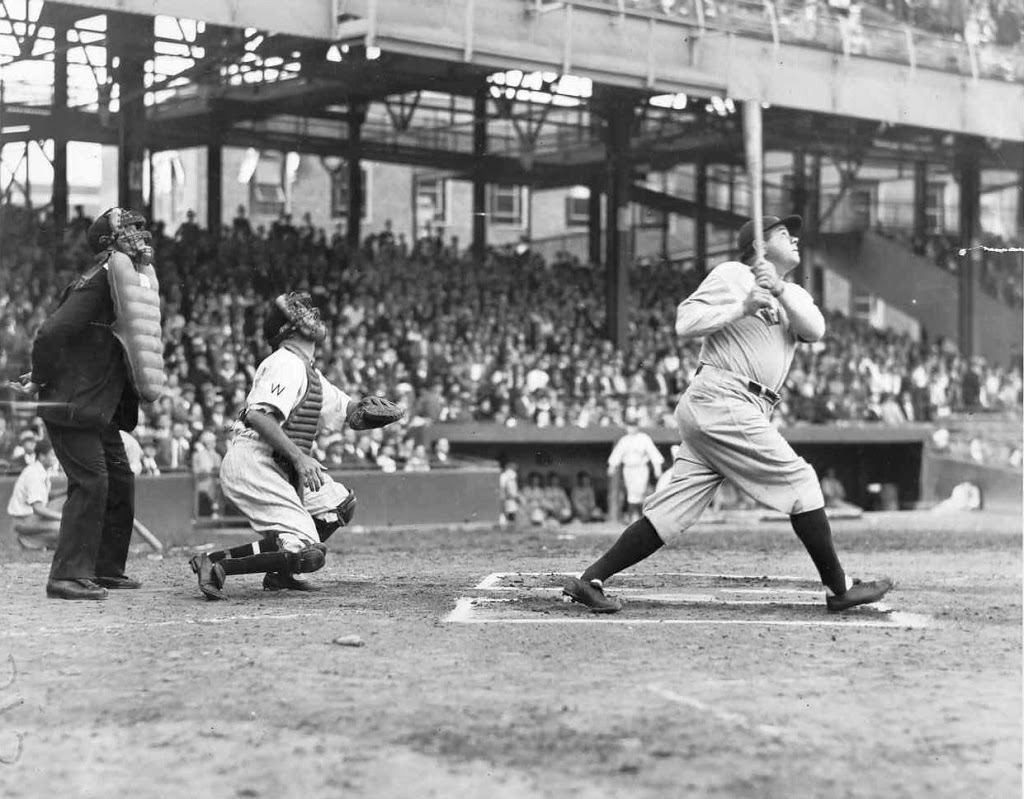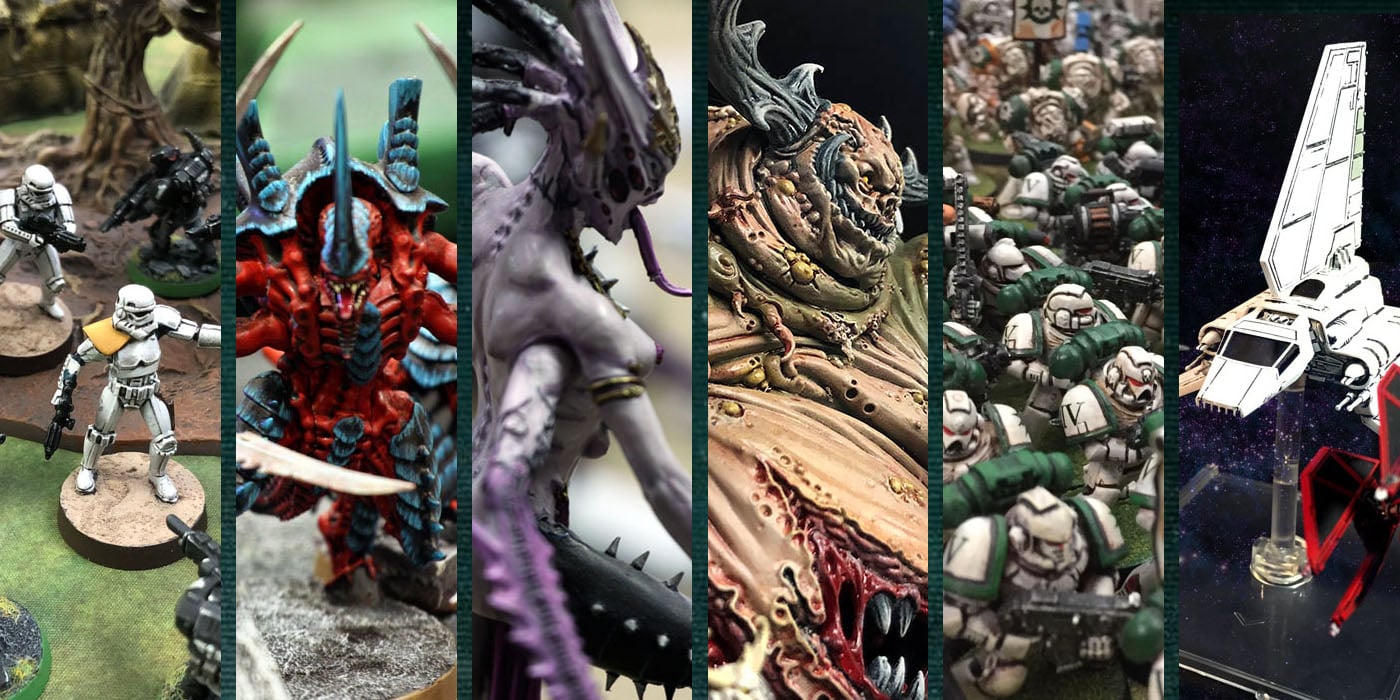Spacecurves’ Thoughts on Competitive 40k
4 Minute Read
Feb 8 2011

Advertisement
Warhammer is a unique wargame. There are two very different ways to approach it.
One way is to dive into the lore of the universe, and play narrative games that act out epic stories, rather than focusing on who wins or loses. Most people begin playing the game with something approaching this style. The thing that initially grabs their interest are cool looking models and an engaging back story of heroes and villains. There is a whole spectrum of devotion to this approach, some people just like reading Black Library books, and some people lovingly convert and paint entire counts-as armies.
The second way to play the game is to view it as a medium for competition. This means you play each game trying to win, and are always trying to improve your skills. There is a whole spectrum of people who approach the game this way, just as there is a spectrum of hobbyists. Some competitive gamers just really want to beat their older brother on planet plywood in the garage, and some people strive to win national tournaments with hundreds of skilled opponents. This is what I refer to as “Competitive Warhammer 40k.”
Warhammer 40k is much more than a game of toy soldiers. With the current 5th edition ruleset, it is an excellent medium for serious competition. The game is deep, tactically complex, with a huge potential for skillful play. There is the strategic element of what army list to bring to a tournament. Players spend countless hours agonizing over how to spend their points, and discussing it with their peers. Once the actual games begin, there are endless tactical possibilities with countless unit combinations and varying scenario objectives. The vast majority of players don’t appreciate how complicated the game is and how skillfully it can be played. In the eyes of a veteran player a well played 40k game is a beautiful spectacle of skill, probabilities, dancing pieces, and threat bubbles.
A common complaint among 40k internet community is that the codexes are not balanced, or that certain types of armies are too good. These statements are incorrect. There seems to be a disconnect between the average 40k internet community member and the people who actually win national events. When you look at the army lists top players use, they are rarely similar to what the collective community, or specific internet tough guys, consider best. This is because the game really is a great medium for competition with no one best way to play it. Vanilla Marines and Foot Eldar are used to win major events just as frequently as Space Wolves and Imperial Guard. Players win tournaments, army lists do not.
This leads me to my next point, that we are now in a period of unprecedented strength for the Warhammer 40k game system. The recent Dark Eldar codex, FAQs for older Space Marine chapters, and the impending Grey Knights book mean that of all the codexes, only two are at a real disadvantage in competitive play. Think about what an accomplishment this is. This incredibly complex ruleset is very, very well balanced with 15+ unique factions and countless ways to build armies within each one of them. This means there are nearly endless ways to play the game, and a player can really express themselves through army selection and play style.
It doesn’t really matter what medium people compete in. Baseball players compete with gloves and bats, tennis players use rackets, and Warhammer 40k players use miniatures. The passion, the skill, the love of the game that is exhibited by the players is what determines the validity of their contest. Warhammer 40k is in a position to become much more widely recognized as such a game. Every year the format of competitive tournaments becomes more rigorous, and the pool of serious players grows. Attendance at national tournaments is exploding and this year for the first time at Adepticon, there will be multiple parties broadcasting coverage of the championships live, with commentary.
Could Warhammer 40k show up on an ESPN channel someday? (Perhaps, THE OCHO!?) I think it could. Look at Magic the Gathering for a perfect analogy. Magic is a card game with no visual appeal to observers at all, and yet it has become a worldwide competitive game with thousands of dollars in prize money and television coverage.
I hope that Warhammer 40k will achieve that recognition someday. I love this game and I want to share the joy of it with as many people as possible. I think similar motivation is what drives the people who are doing great things for competitive 40k by organizing Adepticon, Wargames Con, the Nova Open, and many other national tournaments that happen in the US every year. This motivation is why I write tactics articles on this website. I hope that somewhere, a new player will read one of my articles, and realize the game they love is more complex and beautiful than they imagined.
Your comments are welcome my fellow players.
-Spacecurves
Author: Guest Columnist
Advertisement









